Russia hails OPEC+ for slashing output, says it countered US 'mayhem' in global energy markets
Russia has hailed a recent decision by the member states of the Organization of the Petroleum Exporting Countries as well as non-OPEC producers led by Russia, collectively known as OPEC+, to reduce oil production in a bid to stabilize the energy markets despite the United States’ strong opposition.
The Kremlin’s spokesman Dmitry Peskov made the remarks on Sunday, saying the move had successfully countered the "mayhem" sown by Washington in global energy markets.
It is very good that such "balanced, thoughtful and planned work of the countries, which take a responsible position within OPEC, is opposed to the actions of the US," Peskov said, adding, "This at least balances the mayhem that the Americans are causing."
He further noted that the US had begun to lose its composure over OPEC decision and is even trying to push additional volumes of its reserves into the market.
"They are trying to manipulate [the oil market] with their oil reserves by throwing additional volumes into the market. Such a game will not lead to anything good," he said.
Earlier in the day, US Treasury Secretary Janet Yellen condemned the decision by OPEC+ grouping to cut oil production, saying it is "unhelpful and unwise" for the global economy, especially emerging markets.
"We're very worried about developing countries and the problems they face," Yellen said in an interview with the Financial Times.
On Wednesday, OPEC+ agreed its deepest cuts to oil production since the 2020 COVID pandemic at a meeting in the Austrian capital Vienna, curbing supply in an already tight market despite pressure from the United States and others to pump more.
The cut could spur a recovery in oil prices that had dropped to about $90 from $120 three months ago on fears of a global economic recession, rising US interest rates and a stronger dollar.
The United States had pushed OPEC not to proceed with the cuts, arguing that fundamentals don't support them.
OPEC+ sources said the agreed production cuts of 2 million barrels per day (bpd) or 2% of global demand would be made from existing baseline figures.
That means the cuts would be less deep because OPEC+ fell about 3.6 million barrels per day short of its output target in August.
Under-production happened because of Western sanctions on countries such as Russia, Venezuela and Iran and output problems with producers such as Nigeria and Angola.
Goldman Sachs analysts estimated that the real production cuts would amount to 0.4-0.6 million bpd mainly by Persian Gulf OPEC producers such as Saudi Arabia, Iraq, the United Arab Emirates and Kuwait.
Analysts from Jefferies said they estimated the real cuts at 0.9 million bpd.
The measure has infuriated Washington, calling it a short-sighted decision by the cartel.
The administration of President Joe Biden is concerned that decreased oil output could push up the price of gasoline right before the November 8 US midterm elections, when Democrats will defend their control of both the House of Representatives and the Senate.

Ukraine may have to 'give up land' to Russia to secure peace: Kiev mayor
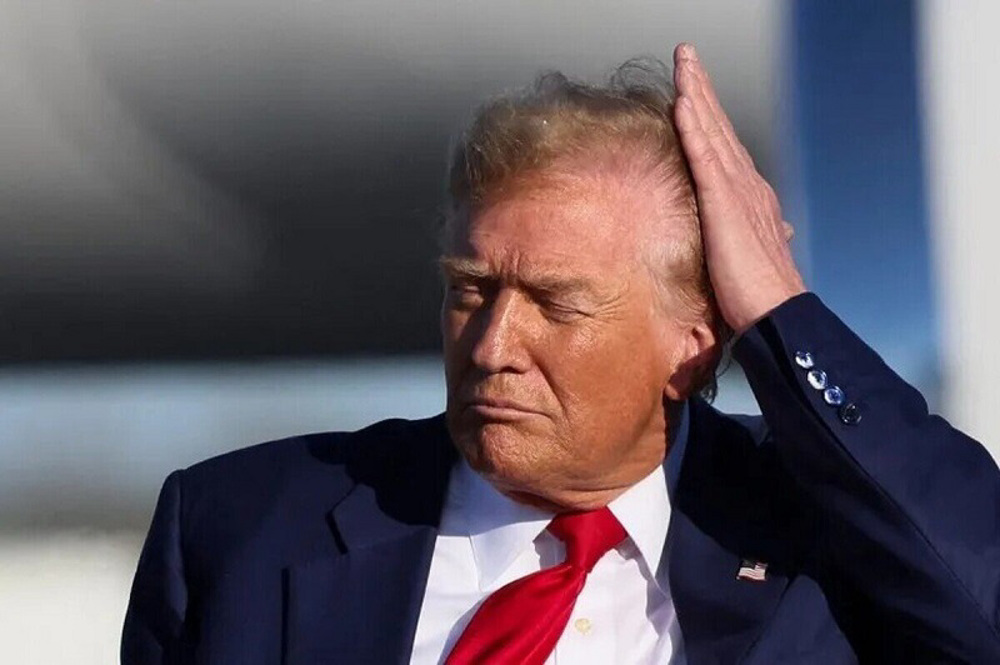
Trump Ukraine mediation muddle

Ukraine peace talks downgraded in London as Kiev rebuffs Trump’s proposal
Iran declares holiday in Bandar Abbas port as fire still raging
VIDEO | NY protesters demand end to genocide on Global Day for Gaza
VIDEO | Pope Francis funeral mass held in St. Peter's Square
VIDEO | UK education activists focus on decolonization
Iran supports any measure to strengthen peace, tranquility: Pezeshkian
Iran, Russia agree to transfer gas via Azerbaijan: Minister
VIDEO | US joins global protest day to demand Israel lift 8-week siege
HTS gunmen, allied militants kill over dozen Alawites in Syria’s Homs


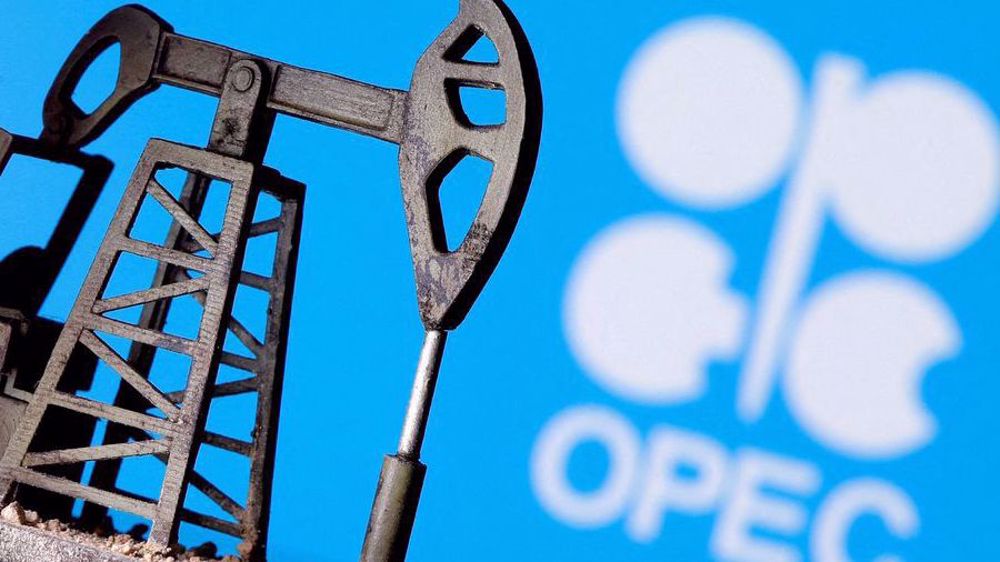

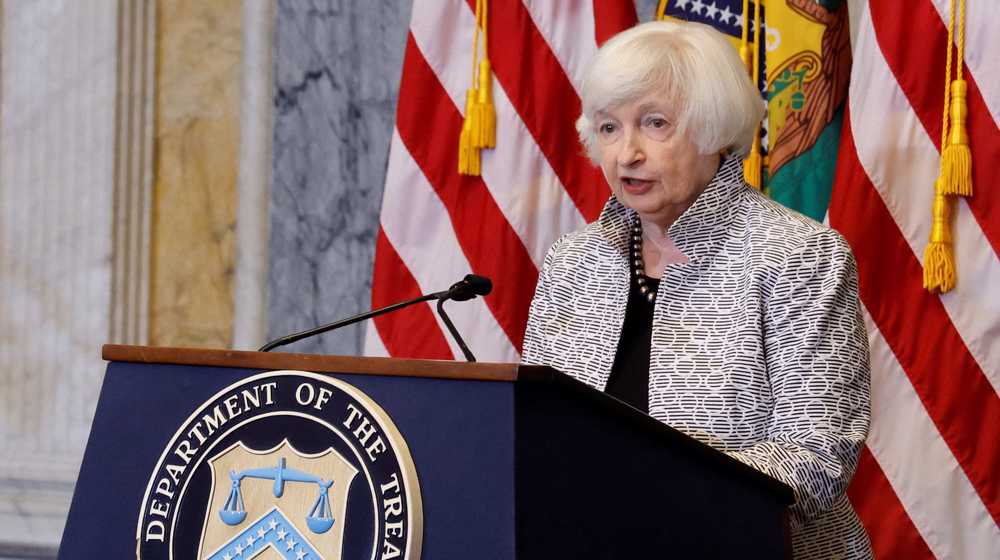




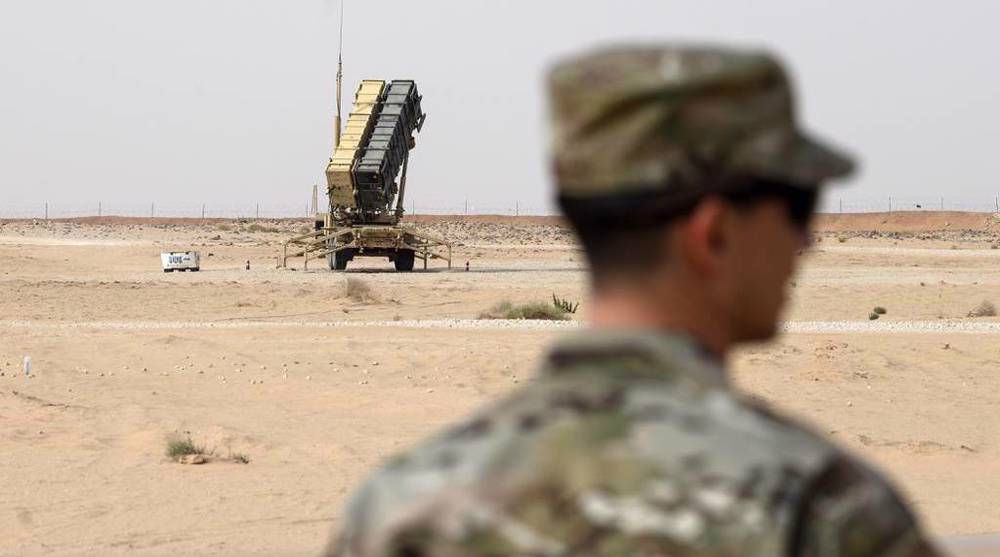
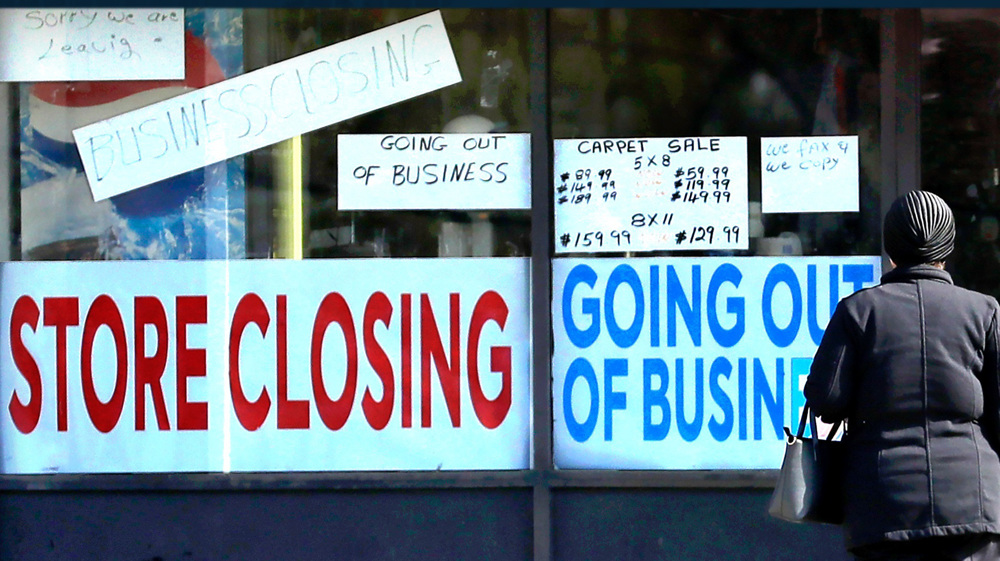

 This makes it easy to access the Press TV website
This makes it easy to access the Press TV website